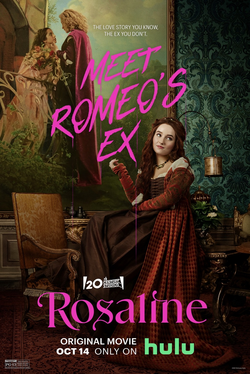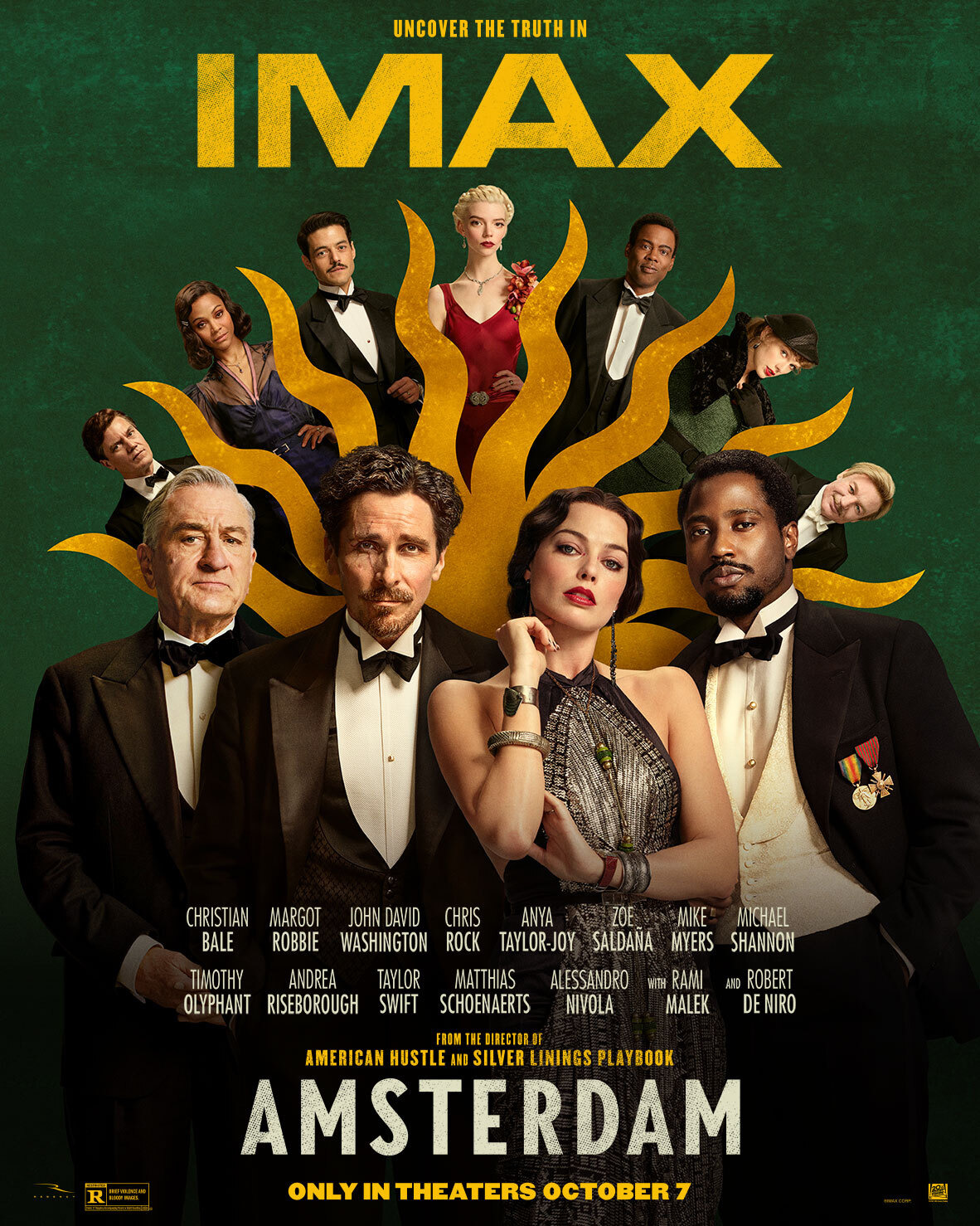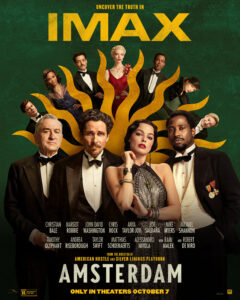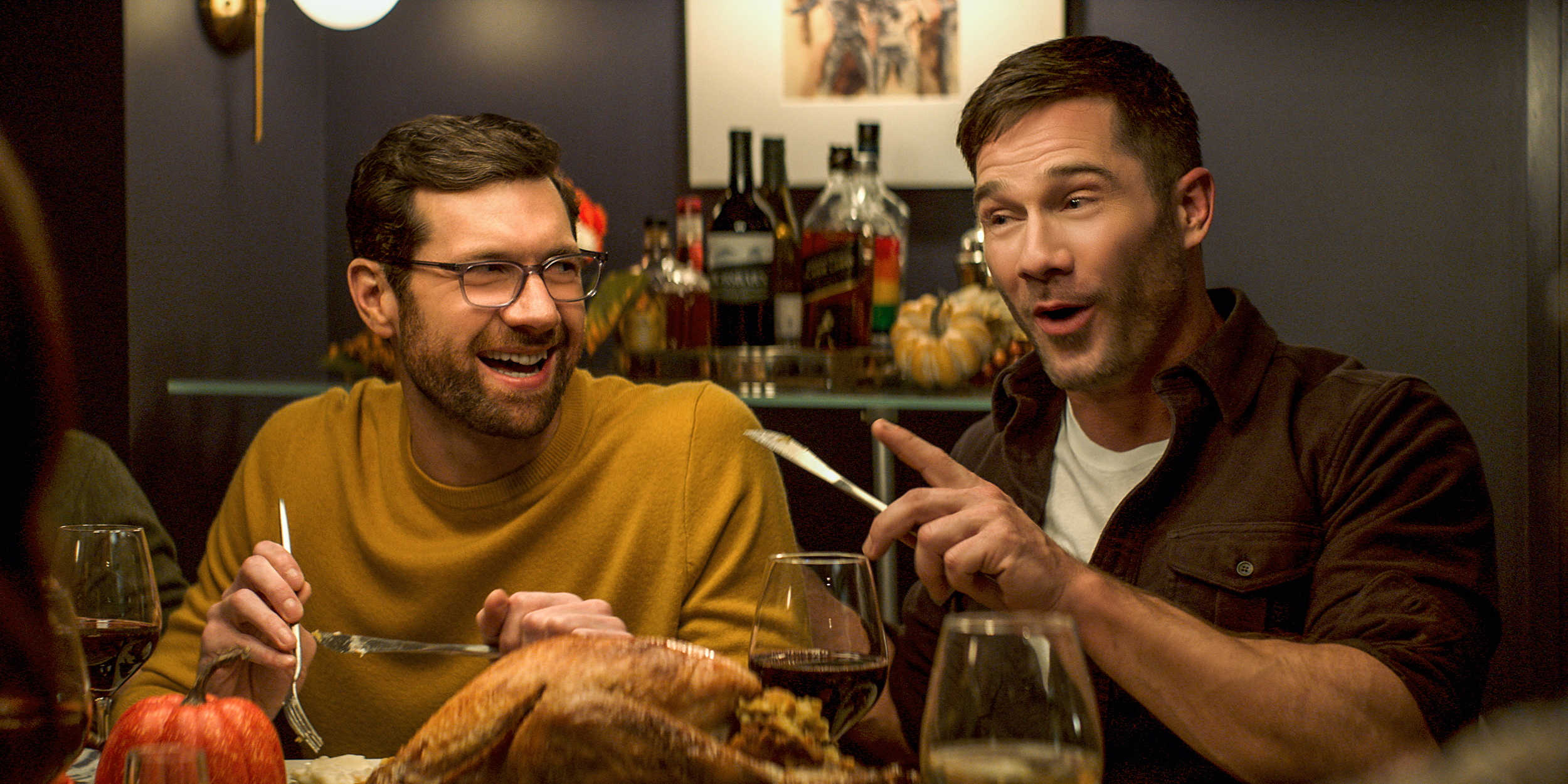Tár
Posted on October 13, 2022 at 5:58 pm
B +| Lowest Recommended Age: | High School |
| MPAA Rating: | Rated R for some language and brief nudity |
| Profanity: | Some strong language |
| Alcohol/ Drugs: | Alcohol and medication |
| Violence/ Scariness: | Tense emotional confrontations, accident with bloody injury |
| Diversity Issues: | A theme of the movie |
| Date Released to Theaters: | October 14, 2022 |
| Date Released to DVD: | December 19, 2022 |

I admit to wondering a few minutes into the film, “Am I at a movie or a TED Talk?” That does not mean the thoughtful questions from a very respectful Gopnik and the also-thoughtful and engaging answers from the maestro are not fascinating. But we cannot help asking ourselves where a character so completely in control and so impeccably on top of the world can possibly go from here.
The answer, of course, is down.
We get a slight hint of that possibility from the beginning, as an unseen person is texting someone about Lydia as she sleeps on a luxurious private jet. Not everyone is as unconflicted in admiring her as the New Yorker festival audience.
Still, between the deeply researched dialogue from writer/director Todd Field (in his first film since 2006’s “Little Children”) and the truly spectacular performance by Blanchett, Lydia Tár is a mesmerizing character. She seems to be supremely in command, whether rehearsing with the orchestra, responding to a student who tells her that as a “BIPOC pansexual” he cannot be interested in Bach, politely but firmly setting boundaries with an important funder who wants her to share her conducting notes, or threatening the child who has been bullying her young daughter. Blanchett’s physicality in the role is never less than stunning, the masterful arm movements as she conducts communicating to us as much as to the musicians she is leading. As Tár explains to Gopnik that she is not a “human metronome” but she does use her right hand to control “the essential piece of interpretation,” time.
As she prepares to complete her final recording for the complete set of Mahler symphonies, the legendary 5th, Lydia, always exquisitely sensitive to sound and fiercely in control, is increasingly disrupted by noises, a rattle in the car, knocks on the door of the apartment she keeps as a studio. That studio, like the other brilliantly designed settings of the film by Marco Bittner Rosser, cement and metal, stark, institutional, according to the architectural style of brutalism. Her bespoke suits, from costume designer Bina Daigeler, are impeccably tailored but similarly severe. There is no softness or vulnerability. As her wife (Nina Hoss), who is concertmaster of the orchestra, tells her, every relationship Lydia has is transactional. She excepts their daughter, but we may not agree.
The movie takes its time with the story; it is two hours and forty minutes long. But it is as spare as the settings; not a moment is wasted. As Lydia’s carefully constructed life and persona begins to unravel (we will learn just how constructed in an extraordinary scene near the end), she at first is certain she can continue to maintain control. But her failure to understand the limits of her control is evident in some key mistakes. First, just because you delete some emails does not mean they disappear from the inboxes of the recipients. Second, just because someone is an enabler who puts up with abuse for a long time does not mean that will go on forever.
The sound design will be studied in film schools; it makes a huge contribution to the atmosphere and the storytelling. The supporting cast is excellent, especially Hoss, Noémie Merlant as Lydia’s assistant (and more) and real-life cellist Sophie Kauer as a potential new member of the orchestra who attracts some special attention from Lydia. Their lunch scene together is mesmerizing as we see the unstated shifts of power. Lydia may have all of the power of her achievements and the opportunities she can bestow. But the cellist has the power of Lydia’s longing. The movie gives us an enthralling character who keeps our sympathies shifting as we consider questions of seduction, privilege, predation, and cancel culture. And its final scene is breathtaking.
Parents should know that the themes of this movie include sexual predation and #metoo issues as well as cancel culture. A child is bullied and a character has a bad fall with bloody injuries. There are tense emotional confrontations about infidelity and characters use some strong language, drink, and take and abuse medication.
Family discussion: Was Lydia Tár fairly judged? How would you have responded if you were Francesca? If you were on the board of the orchestra? What is the meaning of the final scene?
If you like this, try: Field’s other films, “Little Children” and “In the Bedroom” and the documentary about Marin Alsop, “Meeting Venus,” and “Black Swan.” You may also enjoy learning about Gil Kaplan, an American businessman whose passion for Mahler’s 2nd Symphony led to intense study and performance as a conductor with many orchestras, a possible inspiration for the character played by Mark Strong in this film, also named Kaplan.









